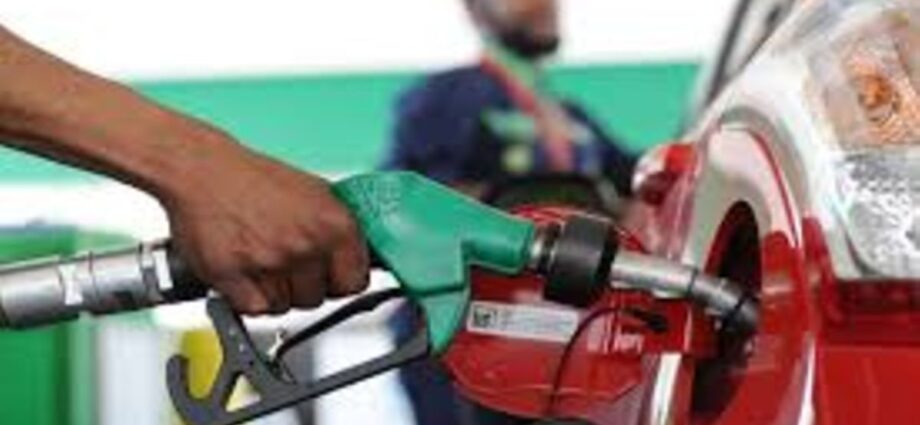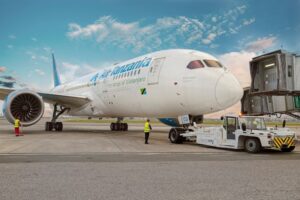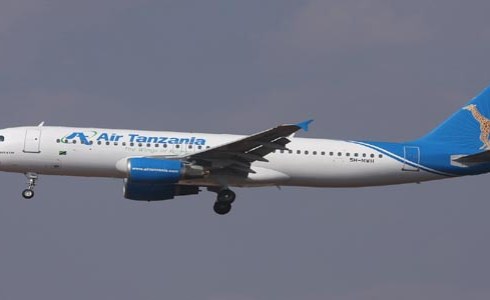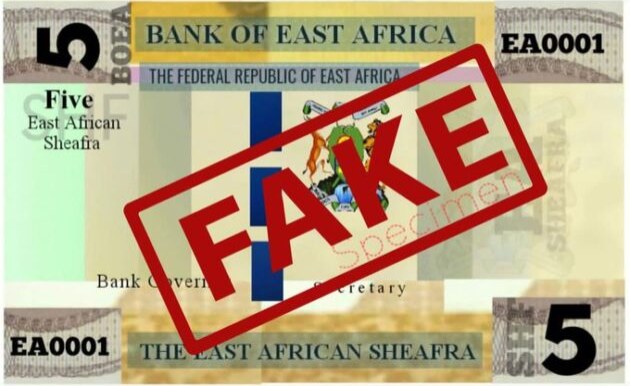Unguja. In mid-April, Zanzibar was plunged into a fuel shortage crisis, grinding businesses to a halt for nearly two days.
As the island’s economy teetered on the edge, urgent intervention was needed to prevent the situation from spiralling into a full-blown crisis.
Initially, the Zanzibar Utilities and Regulatory Authority (Zura) on April 16, attributed the shortage to delayed imports. However, investigations uncovered a deeper issue; a flawed tendering process that had left oil marketing companies (OMCs) in dire straits.
The root cause of the crisis lay in a tender for bulk fuel importation held under Zura’s supervision.
Five companies had vied for the contract, submitting bids in US dollars per metric tonne. They were Petro Kenya, OilCom, Addax, Hapco, and GBP.
According to sources, oil marketing companies (OMCs) had rejected an order by the regulatory authority to purchase the product from another OMC that now doubles as a bulk importer.
“It was obvious that we were struggling to get our hands on dollars. Yet they were forcing us to buy in dollars at an exchange rate that was beyond the official rate set by the Bank of Tanzania,” said one official at one of the OMCs.
However, failure to execute the order would have constituted an economic crime, as per a statement issued publicly by the Zanzibar Anti-Corruption and Economic Crimes Authority (Zaeca) on April 19.
“In light of this situation, Zaeca would like to remind traders that according to’section 59 of the Zanzibar Anti-corruption and Economic Crimes Act number 5 of 2023’, it is an offence for anyone to hoard any goods for the purpose of controlling, regulating, or manipulating the supply of such goods to control the price of the goods for personal gain or market competition,” read the statement.
After this standoff, it was found untenable for OMCs to purchase on wholesale and a decision was reached to release the cargoes to the OMCs to keep the market with fuel given the fact that they had already ordered their supply through the same importer. They had to comply.
On five different occasions, The Citizen reached out to Zura for comment after the Director General, Mr Omar Ali Yusuf, could neither confirm nor deny the allegations after he picked up calls and decided to remain silent.
Messages sent to his phone too remained unanswered, despite being delivered.
A check at the Zanzibar Fair Competition and Trade (ZFCT) showed that the companies were yet to submit their complaint to the body.
“We have yet to receive that form of complaint from the oil marketers because we only handle such cases at the appeal level, said acting Secretary General Thneyuu Mabrook Hassan.
The tender
In 2023, a tender for bulk importation of fuel was floated under Zura supervision, evaluation and award.
The OMCs claim the tendering process for bulk importation of fuel, labelled as Tender No. SMZ/F0118/G/NBC/2023, had significant irregularities.
Documents show that the bids were in US dollars per metric tonne: Petrol Kenya presented a bid of $66.53, OilCom ($50), Addax ($194), Hapco ($248) and GBP ($272.7).
Zura awarded the contract to GBP Tanzania Limited, the highest bidder.
The OMCs say that the contract duration, too, was extended to two years, contrary to the original terms, which stated that it was for one year.
They say critical discrepancies emerged between the terms outlined in the bidding documents and those in the contract signed between Zura and GBP Tanzania Limited.
What is at stake?
Notably, the involvement of OMCs in the tender committee, as mandated by regulations, was bypassed, and modifications to the tender documents were made without permission, potentially leading to disqualification according to the Petroleum (Bulk Procurement) Regulations, 2017.
Another point of contention is that initially all OMCs were supposed to depart the Mtoni depot for the newly built Mangapwani to make way for the demolition of the old depot.
This, they say, did not happen; instead, the depot was allocated to GBP, and now they claim it is costing them a fortune to transport fuel from Mtoni to Mangapwani.
According to the marketers, the discrepancies between the bidding documents and the signed contract unjustly favoured the supplier over the interests of OMCs and Zanzibar consumers, indicating a need for greater oversight and accountability in future procurement processes.
Numerous questions were raised regarding the transparency and fairness of the tendering process, including the exclusion of OMCs from the tender committee, the alteration of contract terms in favour of the supplier, and the awarding of the tender to the highest bidder.
They believe the ramifications of the flawed process had far-reaching consequences, with Zanzibar ending up procuring fuel at significantly higher prices, undermining the logic of bulk procurement and straining the financial viability of local OMCs.
According to them, the amendments to the shipping and supply contract could bankrupt local OMCs due to penalties incurred for delayed opening of Letters of Credit (LCs), which could exacerbate the impact of the fuel shortage in the future.
“The penalties imposed to the tune of almost $100,000 per day for the 5 Letters of Credit (LC) not opened on time due to lack of dollars,” said one of the marketers of the order that was issued by Zura to the three OMC on April 19, 2024.
Speaking to The Citizen at different times, the OMCs claim there is a risk of monopolistic control by the supplier, exacerbating the loss of corporate tax revenue and diminishing competition in the market.
They suggest that Zanzibar should establish a dedicated body, similar to the Petroleum Bulk Procurement Agency (PBPA) in mainland Tanzania, to handle bulk procurement tenders independently.
This would prevent conflicts of interest and ensure greater transparency and adherence to regulations, thereby preventing similar crises in the future.















